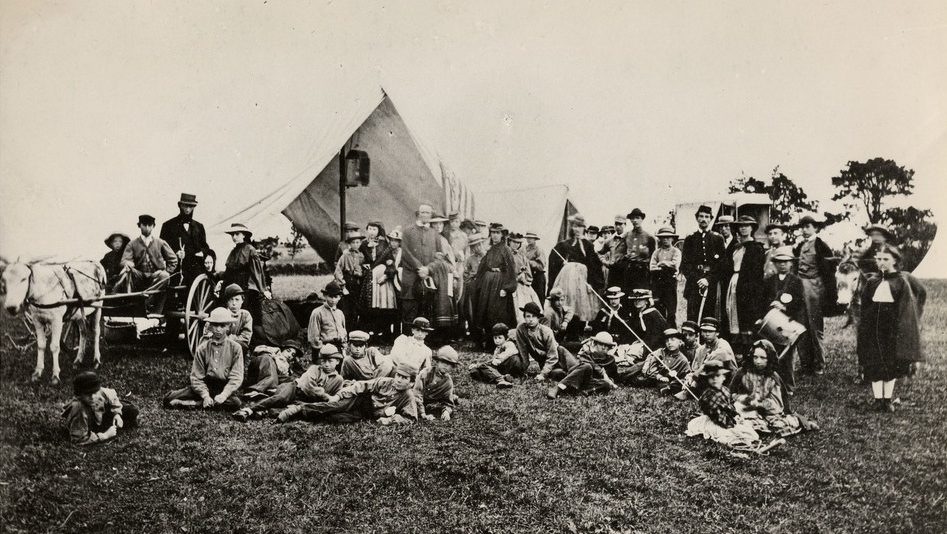Is France’s Burqa Ban Racist?

France’s lower house of Parliament voted yesterday to ban the wearing of veils that cover the face in public places. Aimed at the burqas worn by Muslim women, the legislation stipulates that anyone wearing a full facial veil will be fined $190—and anyone who forces a woman to wear such a veil could have to pay $38,000 and spend as much as a year in jail.
Joan Wallach Scott, a historian and social scientist at the Institute for Advanced Study (and the author of the book “Politics of the Veil”) told Big Think that the end result of this ban will be “further isolation of those Muslims who want some recognition for their religious practices in France.” She said that the ban will also convince many other Muslims that there is a deep-seated hostility to them in the French population, and will only “exacerbate tensions, increase discrimination, and convince even those who seek integration into the countries in which they live and work—and are often citizens—that the deck is stacked against them.”
While there may not be protests immediately, Scott says that the measures are sure to “intensify the sense of discrimination these populations feel, not only in France, but throughout Western Europe.”
Scott rejects the arguments advanced by French politicians that women’s rights are being protected by the ban, and that the burqa is dangerous for national security. “French politicians have shown little interest in equality for women in general,” she said, and noted that the law exempts face coverings “like ski masks and other such items which also can be used to conceal the identities of burglars and terrorists.”
Essentially, Scott says, the ban is a form of racism. “There is a long history of discrimination against Muslim populations tied, in some countries like France, to histories of colonialism, and in others to ‘guest worker’ policies that looked upon these migrants as a source of cheap labor and ever expected to have to integrate them into the nation,” she says. “Whether these countries can develop a more open accommodation, a greater tolerance for heterogeneity in their populations, is an open question.”
It’s no coincidence that that legislation was passed on the eve of Bastille Day, says Scott. The law is “a way of insisting on a singular version of national identity that necessarily excludes those whose beliefs and customs are ‘different’ from those of the dominant culture.”





